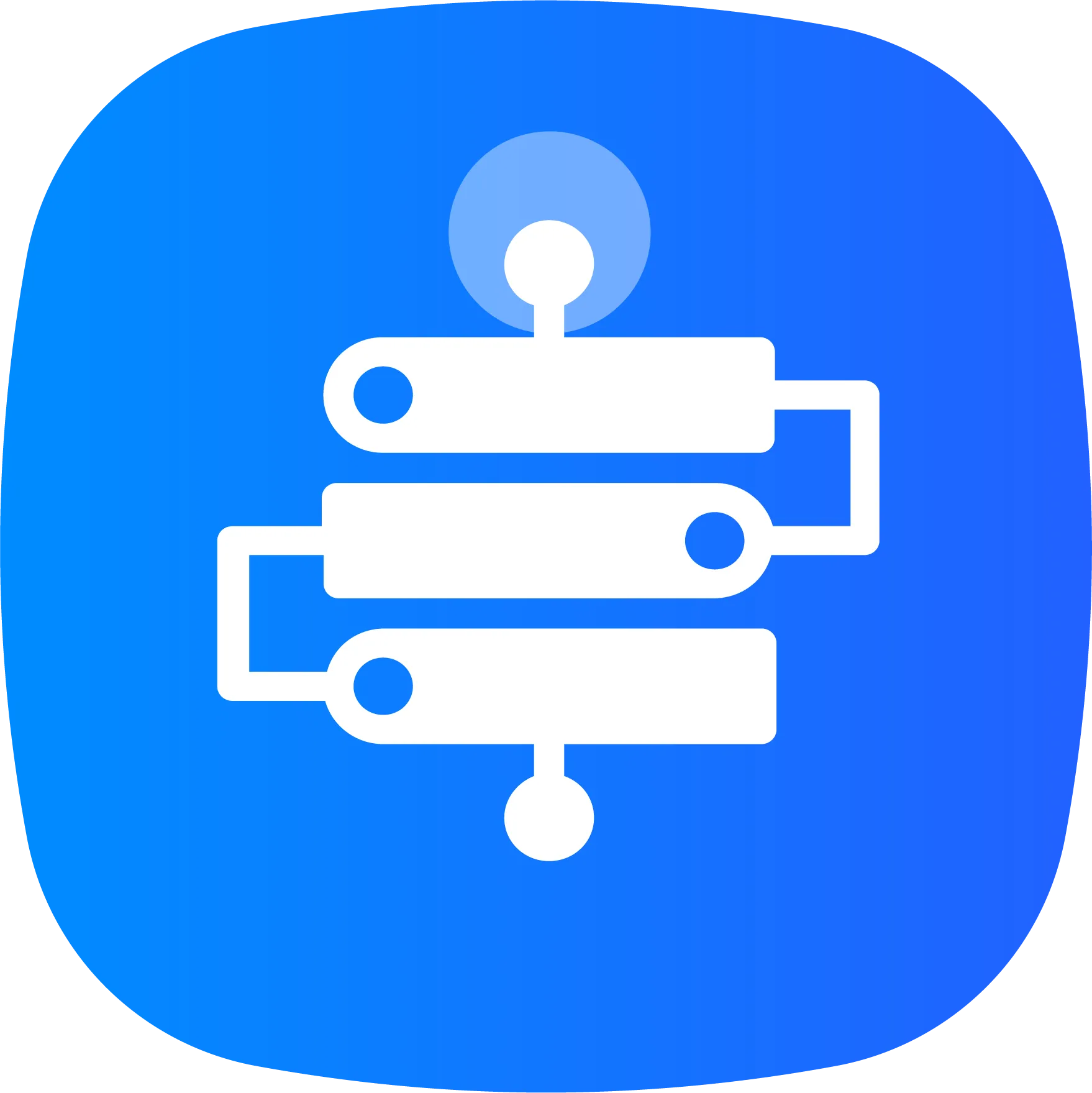Global IT supply chain
International transportation + IT O&M outsourcing + self-owned backbone network
Dedicated line networks and broadband access are two mainstream solutions that differ in performance, cost, and application scenarios. This article provides a comparative analysis of the core features of these two technologies, offering scientific recommendations for enterprises when selecting a network configuration solution.

Guaranteed Transmission Stability
Dedicated line networks use exclusive physical links for data transmission, eliminating competition for public network resources. For example, tests by a multinational corporation have shown an annual availability of 99.99%, with latency fluctuations controlled within ±3ms. This feature is particularly suitable for real-time trading systems, industrial IoT, and other network-sensitive applications.
Robust Security Protection
By employing a point-to-point encrypted transmission architecture, dedicated line networks build multiple layers of defense—from the physical layer up to the application layer. Financial industry case studies indicate that such solutions can reduce data leakage risks by up to 82%. Regulated sectors like government agencies and healthcare institutions often opt for this networking approach to meet strict compliance requirements.
Service Level Agreement (SLA)
Operators of dedicated line networks offer quantifiable guarantees for bandwidth, latency, and packet loss. One e-commerce platform reported a 67% reduction in system failure rates during major sales events after switching to a dedicated line. However, note that this customized service requires a professional maintenance team, and the initial deployment typically takes 15–30 working days.
Ease of Deployment
Leveraging existing metropolitan network infrastructure, small and medium-sized enterprises (SMEs) can complete broadband access setup within three working days. A survey of educational institutions revealed that 83% of schools use broadband solutions to support daily teaching needs, and when paired with load balancing equipment, the system can support over 2,000 concurrent terminals.
Cost Effectiveness
Broadband access operates on a shared bandwidth model, significantly reducing costs. For instance, a chain retail company found that its operational expenses with a broadband solution were only one-fifth of those associated with dedicated lines. Household users typically pay between 100–150 CNY per month for a 200Mbps package, which is sufficient for streaming 4K videos, online gaming, and other entertainment purposes.
Flexible Scalability
Broadband access supports dynamic bandwidth adjustments, allowing cross-border e-commerce enterprises to expand capacity flexibly in line with business cycles. However, during peak evening hours, public networks may experience a 20–30% speed reduction; therefore, critical business systems are recommended to use dual-link configurations for enhanced reliability.
Hybrid Networking Solutions
Manufacturing companies can deploy their core ERP systems on dedicated lines while using broadband access for branch offices. For example, an automotive manufacturer that adopted this hybrid approach optimized IT operating costs by 40% and tripled system response speeds.
Enhanced Security Measures
For broadband users, it is advisable to deploy a VPN combined with firewall protection. A technology company reported that this configuration successfully intercepted 98% of network attacks. Regular penetration testing and vulnerability scanning are essential to further enhance network security.
Cost-Benefit Analysis
Startups might initially choose a broadband solution and then consider a dedicated line when annual revenue exceeds 5 million CNY. One SaaS provider experienced a 54% drop in customer complaints and a 28% increase in renewal rates after transitioning to a dedicated line solution.
If you require related technical support or further information on network configuration solutions, please consult the network service provider Ogcloud. As a leading enterprise network solution provider in China, Ogcloud operates 36 global public cloud nodes, over 100 backbone nodes, and more than 200 edge nodes. Their comprehensive services include global network configuration, data center optimization, internet enhancement, e-commerce cloud mobile solutions, as well as global SaaS acceleration, overseas acceleration, remote networking, cross-border networking, and cloud dedicated line functionalities.

International transportation + IT O&M outsourcing + self-owned backbone network

Cellular chips + overseas GPS + global acceleration network

Overseas server room nodes + dedicated lines + global acceleration network

Global acceleration network + self-developed patented technology + easy linking

Global Acceleration Network + Global Multi-Node + Cloud Network Integration


